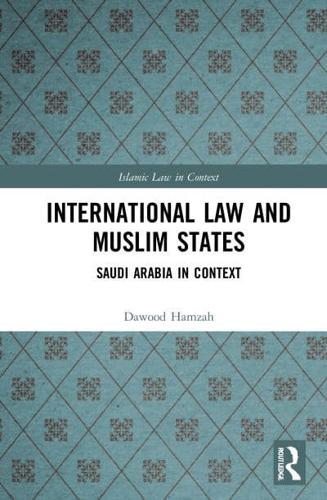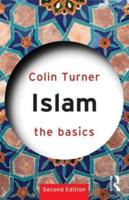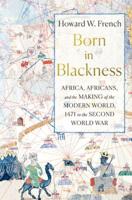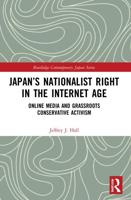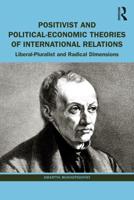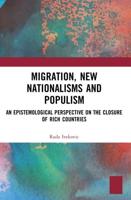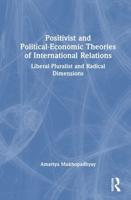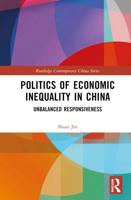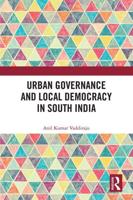Publisher's Synopsis
This book analyses the general interaction between international law and Islamic law in the Muslim world today. It interrogates factors that often form the root of the tension between the two legal regimes. Literalist interpretations of Islamic law and the modern international law's disposition that does not give due consideration to differences among cultures and civilizations are some of these factors.
This work examines the Saudi Arabia textualist approach to the two primary sources of law in Islam, the Qur'an and Sunnah, and argues that a liberal approach of interpretation has become sine qua non especially now that myriad issues are confronting the Muslim world generally and Saudi Arabia in particular. Similarly, globalization has generated an unprecedented multi-culturalism, legal-pluralism, and trans-border interactions in socio-economic and political relations. Therefore, Saudi Arabia, as the bastion of Islam and Islamic nations, is faced with the imperative of adopting a liberal approach to interpretation of Islamic law, with a view to accommodating a wide spectrum of other laws and cultures.
The book provides a timely examination of the issue of modern Saudi Arabia, Islamic legal order vis-à-vis the contemporary concept of international law and international relations in specific areas such as international human rights law and trans-national economic matters. As such it will be of interest to academics and researchers working in Islamic law, international and comparative law, human rights law, and law and religion.


